March is an exciting month around here. First, March Madness is on! My brother, my two boys and I have developed something of a tradition over the last seven years — we travel out to the 2020 NCAA Final Four at the end of March.
My brother is in Ohio, and we all fly in to meet at the Final Four destination. This year, it’s in Atlanta, Georgia, at the Mercedes-Benz Stadium, which is also the home of the Atlanta Falcons and where Super Bowl LIII was hosted in 2019. Past destinations for the Final Four included Minneapolis, San Antonio, and Phoenix.
Hopefully, we’ll get a Michigan team in the Final Four mix this year. Regardless, we always have a lot of fun. It’s a good long weekend, from Friday to Monday, for bonding and plenty of activities. During the long weekend, we might go to a concert or try out the various activities the NCAA has set up for attendees. I’m really looking forward to it.
Closer to home, I’m also looking forward to spring. I’m excited for more sunshine and more color. It’s also the perfect time to organize and do a little cleaning.
While many of us don’t get the most enjoyment out of spring-cleaning, it is important. It’s also very important from a financial and estate planning standpoint. Taking a look at your beneficiaries and your financial accounts is always a good idea around this time of year. Is everything up to date and accurate?
Another thing to look at is second homes or properties. If you’re in the market for a cabin or cottage up north or even out of state, you want to make sure that when you do close on the new property, all the details are incorporated into your estate plan. That way, there is no confusion on what needs to be done after you pass away. A cottage, cabin or vacation home might stay in the family or it might be sold. It’s up to the terms you set today.
The same idea applies to anyone who already owns a second property, like a cabin. You may have inherited the property, or it may have been in the family for four or five generations. And if you want to make sure the property stays that way, make sure it’s locked down in your estate plan.
Passwords are another thing you should organize. We’ve been seeing a lot of families lose digital photographs and videos — as well as access to online bank accounts — after a loved one dies because they can’t find passwords.
If someone becomes incapacitated or passes away, it’s not uncommon for families to scramble to find ways to get access to online photos or accounts. Everything, from social media to banking, can be locked behind a password and username. If these things aren’t accessible or written down, the accounts can be lost or very difficult to access.
Use this time to get your usernames and passwords in order. You can go old-fashioned with it and write them all down in a dedicated notebook. If you do write them down on paper, however, be sure to secure the passwords with the rest of your important documents, like in a locked file cabinet or a fire-proof safe, and make sure your heirs know where to find them. Half of organizing is actually knowing where you put your stuff!
